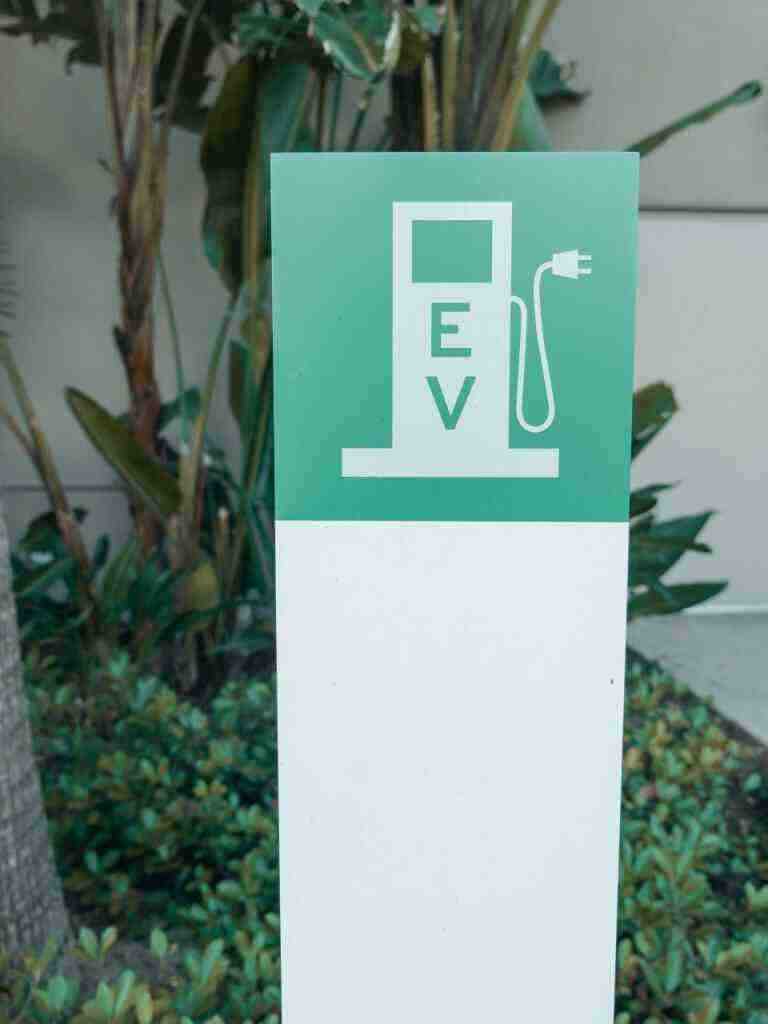Biden Vetoes Republican Effort to Block Electric Vehicle Charging Station Funding
The Electric Vehicle Charging Station Saga: A Political Tug-of-War
In the ongoing battle against climate change, the Biden administration has staked its claim on electric vehicles (EVs) as a cornerstone of its strategy. However, this push for a greener future has encountered resistance from the Republican camp, leading to a high-stakes showdown over funding for EV charging stations.
The Resolution: A Republican Attempt to Derail EV Ambitions
In a bid to thwart the Biden administration’s EV plans, a Republican-led resolution emerged in Congress, aiming to sever the government’s $7.5 billion lifeline for building EV charging stations across the nation. This resolution, if enacted, would have dealt a significant blow to the administration’s efforts to promote the adoption of EVs and hasten the transition to clean energy.
Biden’s Veto: A Resounding Rejection of Republican Obstruction
With a resolute stroke of his pen, President Biden exercised his veto power to block the Republican-led resolution, effectively shielding the EV charging station funding from the chopping block. In a statement accompanying his veto, Biden decried the resolution as an assault on domestic manufacturing, a deterrent to investment in the EV charging market, and a setback in the fight against climate change.
Key Points from Biden’s Statement: A Vehement Defense of EV Progress
- The resolution would have undermined private sector investments in domestic EV charging manufacturing.
- It would have discouraged further domestic investment in this critical market.
- It would have hindered the administration’s efforts to address the climate crisis.
- It would have limited consumer choice and slowed the adoption of EVs.
Implications: A Tale of Two Parties, Divided by a Common Future
Biden’s veto underscores the growing political divide over EVs, mirroring the broader polarization of the American political landscape. Republicans have largely opposed the Biden administration’s aggressive push for EVs, arguing that it is an expensive overreach that infringes on consumer choice. Democrats, on the other hand, view EVs as a crucial weapon in the fight against climate change and a catalyst for economic growth.
The veto also highlights the pivotal role of EV charging infrastructure in the broader context of the clean energy transition. As more consumers embrace EVs, the availability of reliable and accessible charging stations becomes increasingly critical. The Biden administration’s investment in EV charging infrastructure is seen as a necessary step to accelerate the adoption of EVs and reduce greenhouse gas emissions.
Outlook: Navigating the Road Ahead
Despite Republican opposition, the Biden administration is likely to continue its steadfast pursuit of EVs and EV charging infrastructure. The Inflation Reduction Act, signed into law in 2022, provides substantial funding for these initiatives, and the administration is committed to implementing these measures. The political divide over EVs is likely to persist, but the Biden administration’s actions may eventually lead to a broader consensus on the importance of transitioning to clean energy transportation.
Call to Action: Join the Drive Towards a Sustainable Future
The battle over EV charging station funding is not merely a political skirmish; it is a reflection of the urgent need to address climate change and secure a sustainable future for generations to come. As responsible citizens, we must actively support policies that promote clean energy and reduce our carbon footprint. By embracing EVs and advocating for EV charging infrastructure, we can collectively contribute to a greener, healthier planet for ourselves and for posterity.
